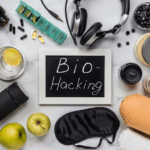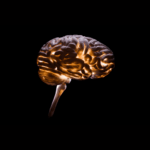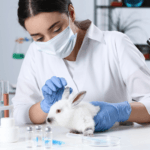
More “hack” than “bio”: why biohacking sends the wrong messages about the pursuit of health and longevity
Distracting from the approaches that matter

Research Worth Sharing, March 2024 Edition
Organ-specific aging, a blood-based test for brain tumors, avoiding bananas in smoothies, stair-climbing tests for frailty, and omega-3 intake and CVD

Removing race as a risk factor for cardiovascular disease?
The AHA has announced a new “race-free” assessment tool, but eliminating this variable carries the potential to increase – rather than decrease – racial disparities in healthcare

A study comparing the effects of vegan and omnivorous diets fails Science 101
A direct-to-docuseries twin study should not be mistaken for valid, knowledge-generating research

#249 ‒ How the brain works, Andrew’s fascinating backstory, improving scientific literacy, and more | Andrew Huberman, Ph.D.
“I want to communicate the beauty and utility of biology. I want to do that by being a teacher and a storyteller.” —Andrew Huberman

When it comes to medical advice, is less always more?
To the general public, the trial-and-error process of science and medicine may erode confidence, but without it, we’d have no science and medicine at all.

Small steps toward improving research reliability
Unfortunately, scientific publishing is riddled with myriad problems, many of which likely can’t be solved without completely rethinking current processes and the underlying research culture. However, there are still small, short-term changes that are relatively easy to implement and can yield meaningful improvements in research integrity.

Adding context to the Alzheimer’s disease research fraud charges
This past July, a news article published in Science sent shockwaves through the scientific community when it reported that one of the most influential and frequently-cited publications in Alzheimer’s disease (AD) research was evidently based on fraud.

Vitamin D(éjà vu): new study, same old problems
For vitamin D supplementation to have any effect relative to placebo, it needs to be increasing the body’s supply of vitamin D, and if it doesn’t, then the treatment and placebo groups are effectively identical. So did the researchers achieve a difference in vitamin D levels over the course of the study?

